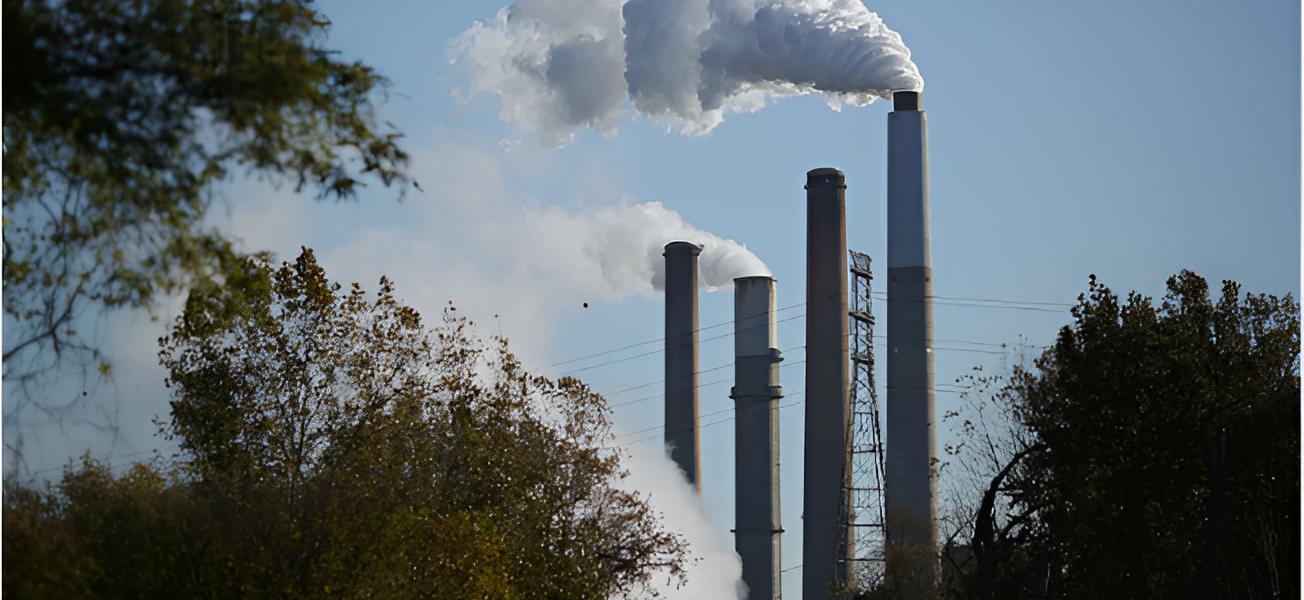
A growing coalition of major corporations has joined the call for a carbon tax to combat climate change, with financial giant J.P. Morgan Chase & Co. adding its voice this week. The endorsement is part of an effort led by the Climate Leadership Council (CLC), an organization pushing a centrist plan first proposed in 2017. As discussions around climate solutions intensify in Washington, the plan—backed by oil giants, tech behemoths, environmental groups, and political leaders—aims to reduce carbon emissions in the U.S. through market-driven mechanisms.
The CLC’s proposal is rooted in the idea that a carbon tax, which makes companies pay for their emissions, is the most effective way to curb pollution. While carbon taxes have met resistance in the past, especially from political groups fearing higher energy costs, the CLC plan seeks to ease this concern by refunding the tax revenue to taxpayers via quarterly dividends. This “revenue-neutral” approach aims to make the tax more politically palatable by compensating citizens for the additional costs.
Further details about the plan, revealed on February 13, include a mechanism that will automatically raise the carbon price if emissions targets are not met, with the goal of halving U.S. emissions by 2035. The plan has received strong endorsements, including from Janet Yellen, former chair of the Federal Reserve, who views it as an economically sound solution.
However, despite growing support, the proposal faces significant political hurdles. While Republicans increasingly acknowledge climate change, many still oppose a carbon tax, fearing it would hurt businesses and jobs. On the other side, some Democrats, including presidential candidate Senator Bernie Sanders, argue that a carbon tax is an insufficient response to the climate crisis. They believe that more aggressive government intervention is needed, including stronger regulations and policies that go beyond market-based approaches.
Despite this opposition, many business leaders see the CLC’s carbon tax as the simplest way to address climate change. Companies, particularly those operating globally, recognize that climate action is inevitable—either through U.S. federal policies or through state-level initiatives and international regulations. The CLC’s plan is seen as a business-friendly approach, removing many existing climate regulations and introducing a “border carbon adjustment” to impose fees on imports from countries without a carbon price.
While the initiative has garnered support from major corporations, including ExxonMobil and Microsoft, there remains significant opposition within certain sectors, particularly from smaller oil companies and trade groups such as the American Petroleum Institute, which has yet to take an official stance. The fossil fuel industry, particularly independent oil producers and refiners, continues to resist a carbon tax, fearing it would disrupt profits.
In addition to the CLC proposal, other climate solutions are being debated in Washington, with some Republicans pushing for tree-planting initiatives and tax incentives for carbon capture. Democrats have also introduced ambitious bills aiming for an 80% reduction in emissions from the power sector by 2050. The ongoing debate reflects the growing urgency of addressing climate change, but whether any of these measures will pass remains uncertain.
Despite challenges, the endorsement of the CLC’s carbon tax plan by over a dozen Fortune 500 companies marks a shift in the conversation around climate policy. While supporters acknowledge that the plan is unlikely to pass in its current form, the fact that it is even being discussed in Congress signals a new willingness to address climate change through legislative action.





